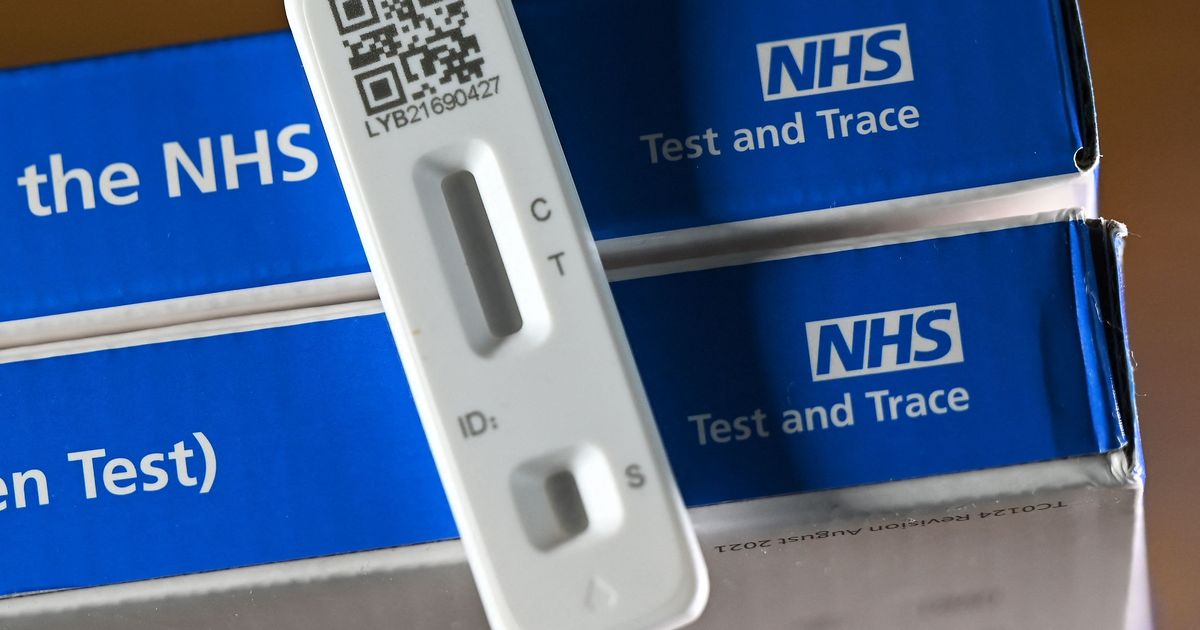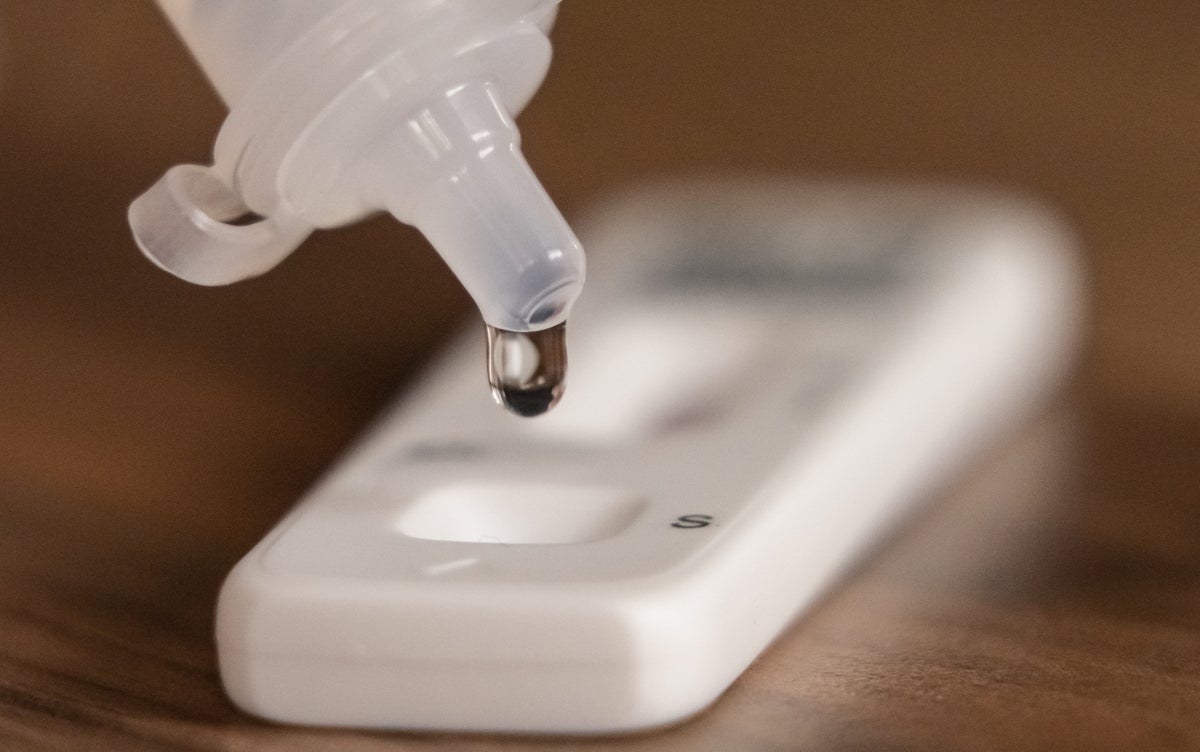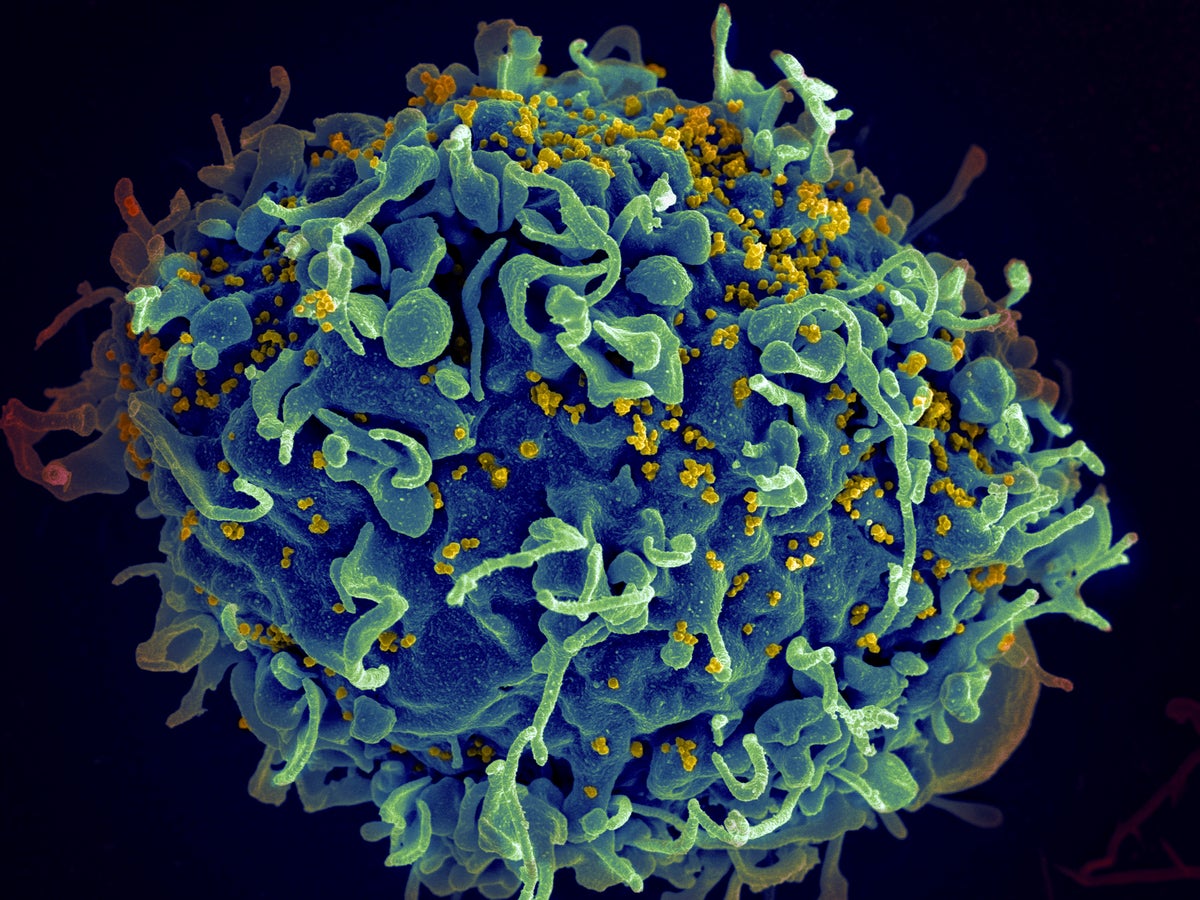Health officials have issued a warning about a fast-spreading new strain of Covid-19, which comes with unusual symptoms.
A new variant, known as NB.1.8.1, has now been detected in Ireland, north and south, first emerged in January. The strain has already become dominant in parts of Asia, including China and Hong Kong, and has also been confirmed in the UK, US, Australia and popular holiday hotspots such as Thailand, Egypt and the Maldives.
Latest data from the Public Health Agency (PHA) has reported seven cases of the new strain, named NB.1.8.1, in the past eight weeks. While numbers here remain low, the World Health Organisation (WHO) has sounded the alarm as the latest Omicron variant now accounts for over 10% of global Covid infections.
The WHO recently added NB.1.8.1 to its official watch list, noting that while the variant may be more transmissible than previous strains, there is no evidence it causes more severe symptoms or illness.
But Irish health officials are urging the public to stay at home if they’re feeling unwell, the Irish Mirror reports. Doctors are seeing a shift in the symptom profile compared to earlier variants. While previous strains largely caused cold and flu like symptoms, this new variant has been linked to gastrointestinal issues in some patients – which can include nausea, vomiting, diarrhoea, bloating, constipation, abdominal pain and even heartburn.
Dr Lara Herrero, Associate Professor and Virology Research Leader at Griffith University, explained: “Common symptoms [of NB.1.8.1] include sore throat, fatigue, fever, mild cough, muscle aches and nasal congestion. Gastrointestinal symptoms may also occur in some cases.”
Covid symptoms to look out for
- Fever (high temperature – 38C or above) – including having chills
- Dry cough
- Fatigue (tiredness)
- Loss or change to your sense of smell or taste – this could mean they’re completely gone or just different to normal
- Nasal congestion (runny or blocked nose)
- Conjunctivitis (also known as red eye or pink eye)
- Sore throat
- Headache
- Muscle or joint pain (aches and pains)
- Different types of skin rash
- Nausea or vomiting
- Diarrhoea
- Chills
- Dizziness
- Shortness of breath or breathing difficulties
- Loss of appetite
- Confusion
- Pain or pressure in the chest
Meanwhile the PHA is still encouraging eligible people in Northern Ireland to come forward for the spring Covid-19 vaccination, as more than half of those invited for the vaccine are yet to take up the offer.
This year’s spring vaccine is being offered to:
- adults aged 75 years old or over;
- residents in a care home;
- individuals aged 6 months and over who are immunosuppressed, as defined in Covid-19: the green book, chapter 14a.
All those eligible will be offered an appointment before the programme closes on June 30. The vaccines are being rolled out to eligible groups via GPs, community pharmacies and HSC Trusts.
Community pharmacies will be visiting care homes to vaccinate eligible residents. People aged 75+ will receive an invite from their GP surgery or they could enquire if the vaccine is available via a community pharmacy or HSC Trust clinic.
Immunosuppressed individuals aged 18 or over will receive their vaccination via GPs, community pharmacies and HSC Trusts. Immunosuppressed individuals aged 6 months to 17 years of age, as identified by their GP or specialist, can receive their vaccine from HSC Trusts.
Housebound patients will be identified by GPs and the HSC Trust vaccination teams will administer vaccinations. For further information on the spring top up see www.nidirect.gov.uk/covidvaccine.
For all the latest news, visit the Belfast Live homepage here and sign up to our daily newsletter here.





